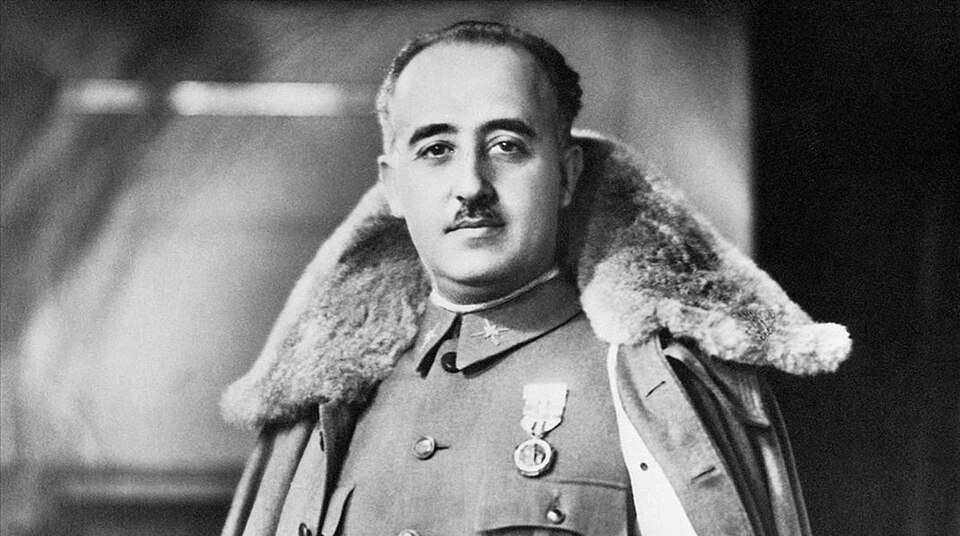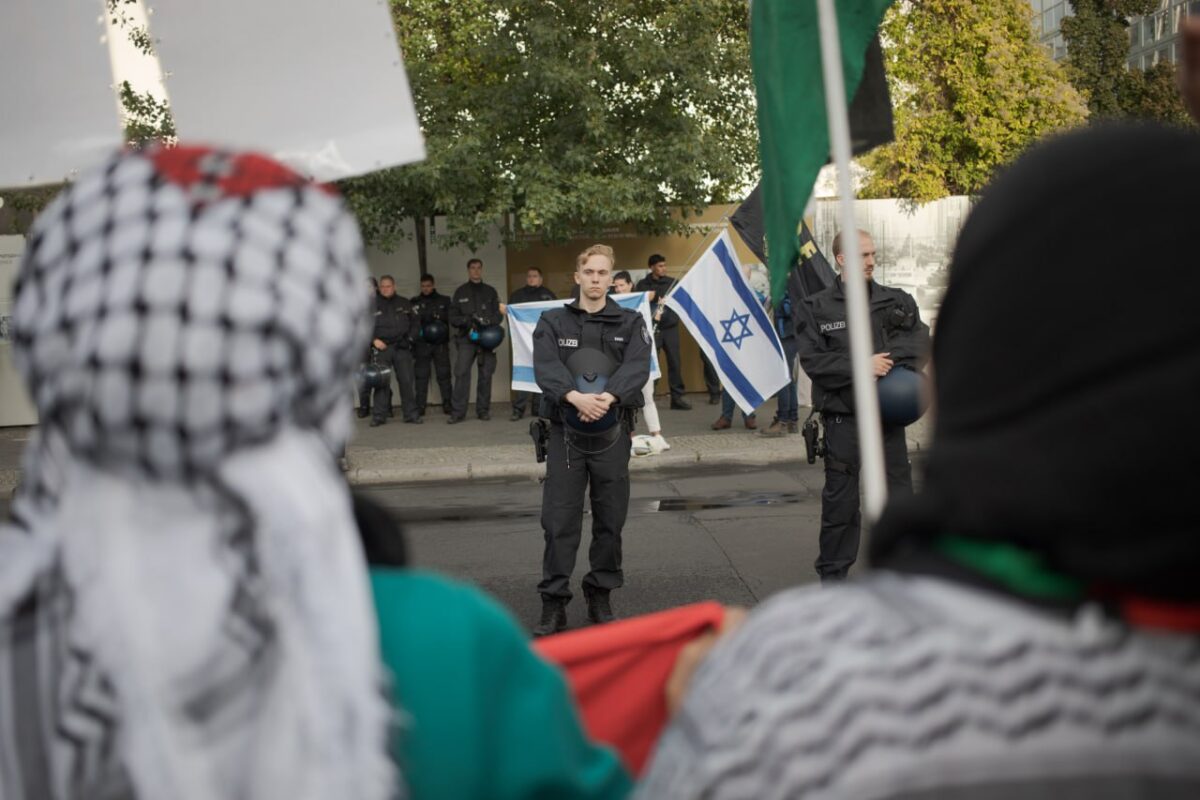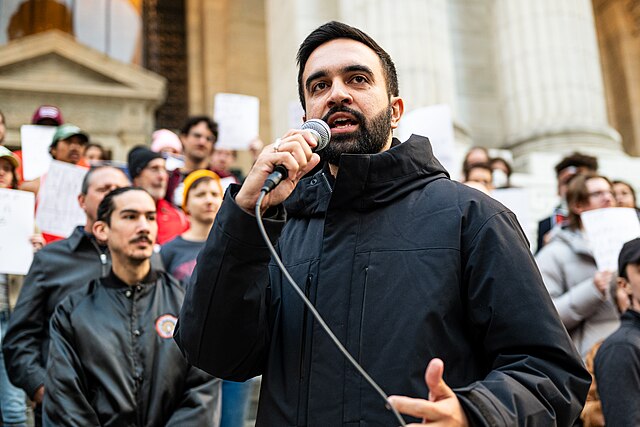Back in November 2018, Friedrich Merz declared that he intended to steal “half of the AfD’s voters”. At the time, Merz was campaigning for the CDU-chairmanship, and the AfD was the third-largest party in the Bundestag.
When asked about his now almost seven-year-old promise at a press conference in Brandenburg—where the AfD has recently polled above 30%—Merz responded with his now-infamous “cityscape” (Stadtbild) remark:
“We have come a long way in terms of migration. In this federal government, we have reduced the numbers by 60% between August 2024 and August 2025, but of course we still have this problem in the cityscape, which is why the interior minister is now in the process of enabling and carrying out repatriations on a very large scale.”
In his cityscape-remark, Merz blamed migration for the AfD’s rise and presented large-scale deportations as a means to contain the far-right party. His comment immediately caused outrage across Germany, though public criticism focused mainly on his visual description of the country’s supposed “cityscapes”, while his deportation plan received far less attention.
It was only a few days later, after facing heavy backlash over his remarks, that Merz turned to the issue of women, declaring: “Ask your daughters. I have absolutely nothing to retract”.
“Ask your daughters” is as vague as it is clear. Even though the chancellor did not explain what he meant, everyone knew exactly what he intended. Merz himself underlined this by saying “many people say the same thing… everyone will confirm this is a problem, especially after nightfall.”
Merz relied on a narrative he did not invent, but that has been deeply embedded in collective consciousness over decades—regardless of whether one agrees with it or not. This narrative frames otherized men as a danger to women. Indeed, the accusations echoed by the chancellor closely resemble nineteenth-century narratives—those of so-called colonial feminism.
Inventing colonial feminism
In her book Women and Gender in Islam, Harvard scholar Leila Ahmed demonstrates that Western feminism played a crucial role in the colonial assault on Muslim societies. Using the British occupation of Egypt as her case study, she argues that while the “woman question” had long appeared in Western discourse on Islam, it only became the centerpiece of the Western narrative as Europeans consolidated their colonial rule in Muslim countries.
The British occupation of Egypt began in 1882. The colonizers introduced agricultural projects and administrative reforms aimed at making the country a more efficient producer of raw materials. This so-called modernization of Egypt, along with the country’s increased integration into European capitalism, economically benefited the Egyptian upper class and a new middle class, who therefore embraced the presence of the West. The lower-middle class and lower classes, by contrast, were negatively affected or saw no benefits from British domination. They reacted with resistance to Western culture, anxious to preserve their Islamic heritage against colonial domination. These differing attitudes toward the colonizer’s influence created a contest between Western and Islamic culture. Within this contest, the issue of women in Islam emerged as a focal point. A closer look at British society at the time helps explain why the “woman question” became central to the colonizer’s battle over culture (Ahmed p. 145).
According to British colonial theories, middle-class Victorian England represented the peak of civilization. Women in this peak civilization, though, were believed to be biologically inferior and by nature destined for domesticity. Evidently, the ideal Victorian women was a devote housewife.
When a vocal feminist movement challenged Victorian ideas of femininity, the state responded with oppression. While the British male establishment denied that men oppressed women within their own society, it appropriated the feminist claims and applied them—in service of colonialism—to Egyptian society. Essentially, feminism directed against white British men was suppressed, but, when turned against otherized men and their cultures, it helped sustain the colonial project of the white male establishment.
As Leila Ahmed observes, “it was here and in the combining of the languages of colonialism and feminism that the fusion between the issues of women and culture was created. More exactly, what was created was the fusion between the issues of women, their oppression, and the cultures of Other men” (Ahmed p. 151). Within this colonial narrative, the veil became a symbol of women’s oppression in Islam.
Western feminism thus became an instrument for morally justifying the attack on native societies. Leila Ahmed termed this colonial feminism—“a feminism as used against other cultures in the service of colonialism” (Ahmed p. 151).
The actions of Lord Cromer, consul general in Egypt from 1883 to 1907, exemplify how colonial feminism operated in practice. While Cromer was a founding member and sometime president of the Men’s League for Opposing Women’s Suffrage in England, he simultaneously organised public unveilings of Egyptian women. Yet, his policies—such as reduced access to education—harmed Egyptian women (Ahmed p. 153).
In the narrative of colonial feminism, otherized men and their cultures were portrayed as the source of women’s oppression in order to morally justify attacks on colonized people. This pattern underlying colonial feminism continues to shape Western discourses and collective knowledge to this day.
Colonial feminism in Germany’s cityscape
When Friedrich Merz told Germans to “ask your daughters”, he deliberately tapped into a modern trope of colonial feminism. Having come under fire for his cityscape-comment, Merz invoked the issue of women to morally justify his racist rhetoric and, by extension, his deportation policies—which he framed as both a strategy against the AfD and a form of women’s protection.
The thing is, deportations won’t stop the AfD’s rise. Merz’s goal is not to extinguish the fire the party emerged from, but to make it work in his favor. As he stated seven years ago, he aims to win over half of the AfD’s voters. Yet, his approach is likely to backfire: it fuels the racism the far-right thrives on—and the AfD will continue to benefit from it.
Neither will deportations protect women. But was that ever Merz’s goal? During his political career, the chancellor has barely distinguished himself as an advocate for women. In 1997, he voted against the criminalization of marital rape—a stance he retracted only last year. He also opposed a proposal to weaken Section 218 of the German Criminal Code, which still defines abortions as illegal, though not punishable. Despite earlier promises, his administration remains overwhelmingly male.
Narratives like Merz’s “cityscape” have a dual effect: they create and fuel racism, while simultaneously distracting from the actual causes of what they seemingly address. The Merz administration is cutting back the public sector to funnel resources into militarization. A weakened welfare state will deepen precarity, poverty, and homelessness in Germany. The political aim behind this is to sustain the dominance of the Merz administration at the expense of the wider population—with marginalized groups suffering the most severe consequences.
Merz’s cityscape-comment substantiated with the daughters-question—a modern echo of colonial feminism—blames migration for the AfD’s rise. In doing so, Merz aims to morally justify his racist rhetoric and deportation policies. These, however, represent a breeding ground for the far right. Friedrich Merz is dancing in a self-reinforcing circle as old as colonialism, literally invented by the predecessors of the white male ruling class in order to sustain itself. Then and now, it operates on the back of the racialized Others.




